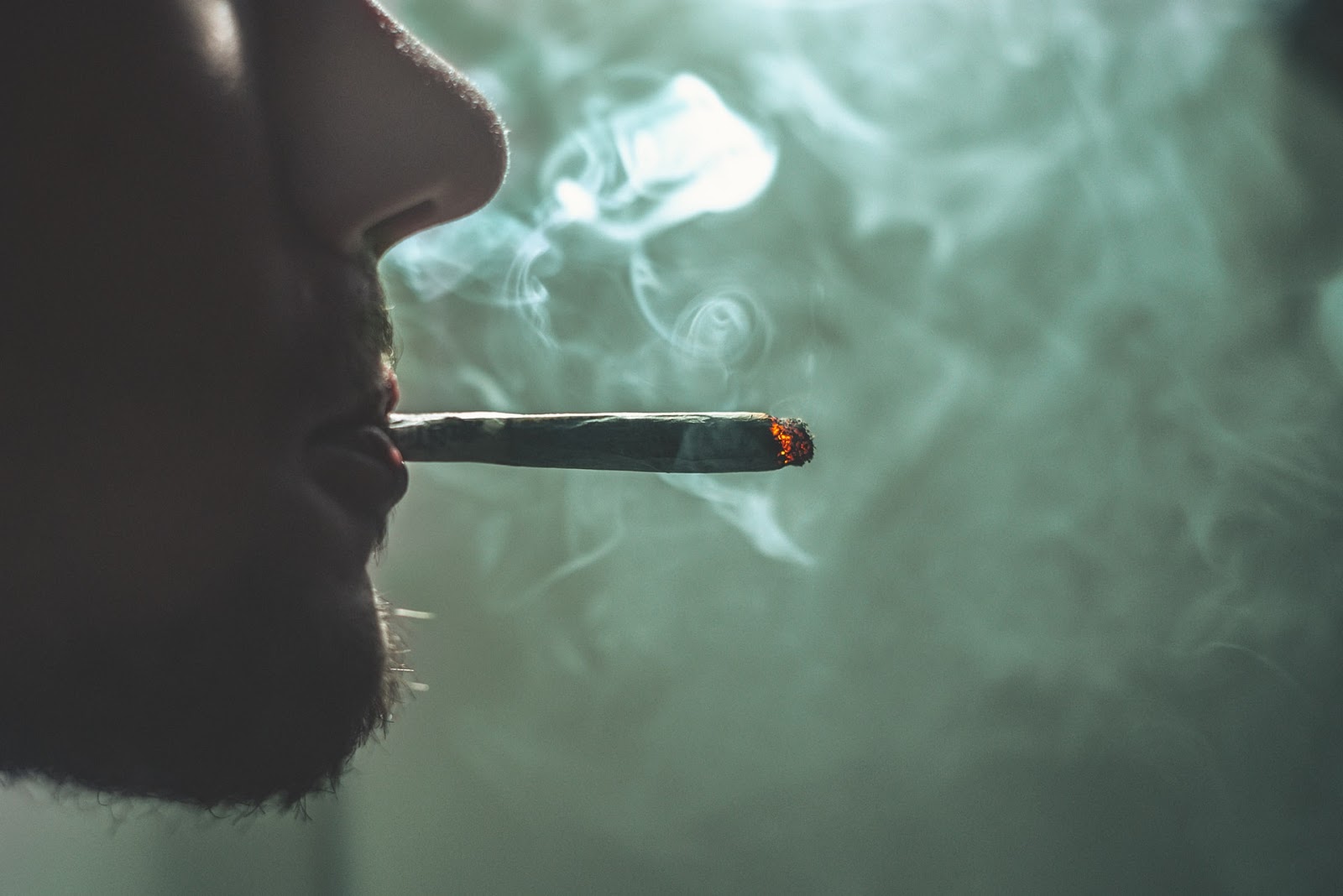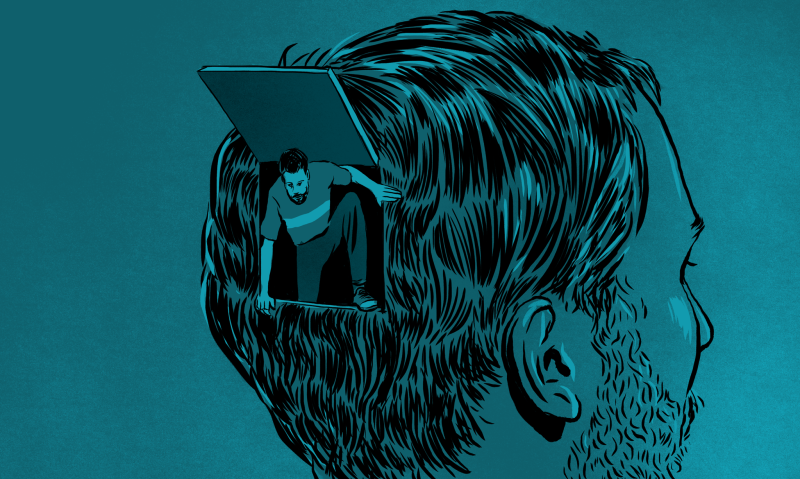The beginning of quarantine amidst the pandemic was a trial for us all. Since not having to worry about close contact since the H1N1 pandemic that occurred about twelve years prior, humans all around the world were suddenly forced to drop their daily routines, stay away from loved ones, and even lose incomes/jobs. For some, new hobbies were picked up and mastered, but for others, temptations took hold.
When habits like that form it is difficult to break; even when life seemingly starts to go back to normal.
There is no start/stop button with an addict, if they abused a substance during quarantine it won’t magically end when life opens up again.
What aspects of quarantine affected those with addiction problems?
There are a number of different reasons why this worldwide shutdown affected those with addictions.
- Isolation
- Loneliness
- Lack of supervision
- Escapism
Isolation

Probably one of the worst things to do to someone facing addiction is to leave them by themselves. This was not up for discussion though considering the highly contagious virus we had encountered and continue to face once its initial introduction this past year.
We had all been hearing information like staying six feet or more apart because COVID-19 could spread through our fluids. We were advised to not touch our eyes or nose, as well as to avoid touching unfamiliar surfaces.
The six feet rule basically meant to stay away from everyone unless it was necessary. But then that was the next question, what/who is necessary to remain available to the public?
That was difficult to say. Frontline workers and healthcare professionals were implemented into that list. Precautions were put in place for those who had to remain working. Popularly referred to later as “essential workers.”
Drug addiction counselors and those working in substance and mental health services were not permitted to have in-person meetings or appointments. They were however encouraged to use a telehealth option that would allow professionals to have screenings and meetings with their patients via phone or audio-visual platforms. Electric newsletters and blogs were also encouraged to be sent to help manage stress linked to the pandemic.
While this may have worked for some, it was not enough for others battling severe addiction that were used to the regular check-ins. Currently for those who liked telehealth that is still an option for those healing.
Not to mention those who may have just begun their process of sobriety when the pandemic hit.
Considering many positions now are partially or completely remote, it is not hard to see why people might still feel so lonely when they were used to being around co-workers or simply getting out of their houses.
Loneliness

Feeling lonely is an emotion that is difficult to counteract. In some cases, the loneliest person could have the most friends but that longing feeling is still unsatisfied. We as humans do not like to show our shortcomings.
Now imagine this for an addicted person, they are in extreme cases of loneliness now because they don’t have the direct help they may require. Even if in some situations family may be around because they share living quarters, short of being related or living with a counselor you are left defenseless. Especially if a person’s addiction has pushed those they love away due to the fear of being judged.
Loneliness can affect sleep, elevate suicidal thoughts, increase anxiety, and even tempt self-harm. All of these factors can make a person addicted turn to their substance for some relief which only hurts them.
In many situations romantic relationships that formed before the pandemic faded or became more difficult due to not being able to see one another. The ending of these can create genuine feelings of loneliness which could also compel a person to turn to a substance. We still see people who go on dates more nervous because the virus is still in effect.
Lack of supervision

When the cat is away the mice will play; a once harmless phrase used by many this same concept can be applied to those reaching to feel anything. If an addict lives alone, or if even worse they live with those who participate in substance abuse as well with no one around to tell them to stop, they will continue.
With a lack of boundaries or supervision, an addict may look at this as an opportunity to “feel better” or relapse.
To this day you still have people who probably prefer being alone simply because they are still scared of the virus; if an addict is one of those people they will take the advantage of people going out to remain inside. There they may possibly continue to give in to their temptations.
Escapism

A simple step to accomplish absolutely nothing for your own health is using a substance to escape the realities of life rather than dealing with them head-on.
Many people lost their positions when COVID-19 hit. An article written in May of 2020 showed at that point that 20.6 million jobs were lost.
The loss of a job leads to loss of revenue which in turn creates stress. Substance abuse thrives on this stress. A person vulnerable to relapsing might look at that kind of situation and feel totally helpless; so they use the one thing they THINK will “help.”
The results of the pandemic
Many different factors contributed to the increase of addiction during this pandemic. Worldwide quarantine shut us all down, then around a year later, we all have to try to get back to reality.
